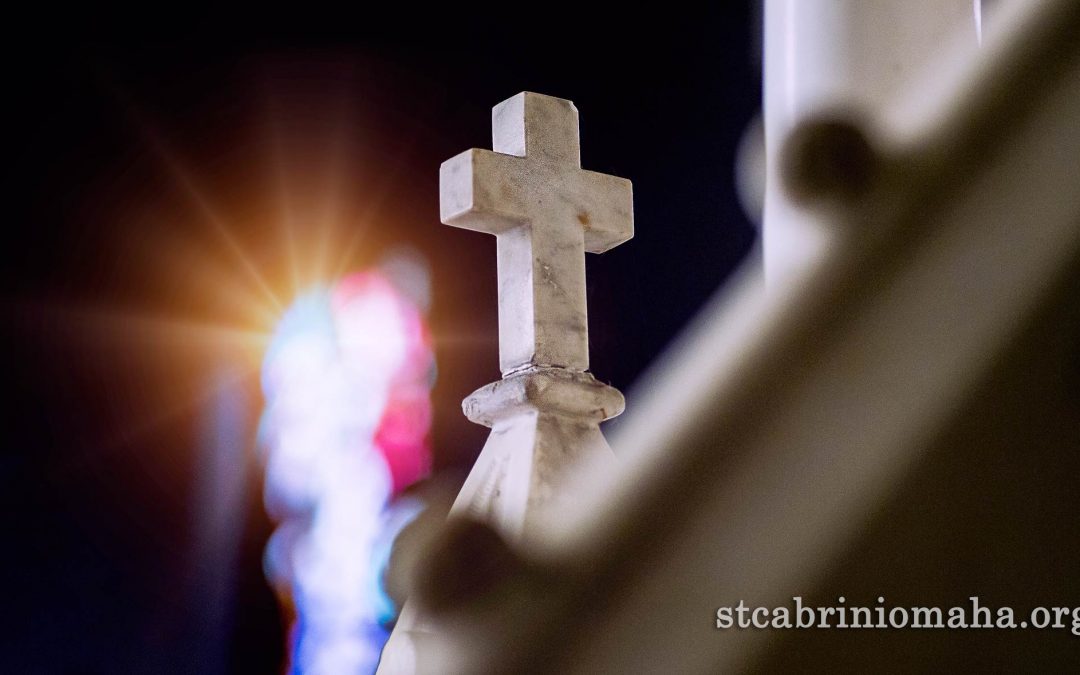Dear Friends,
While I am preparing food in my kitchen, I like to listen to The Moth podcast. Are you familiar with The Moth Radio Hour on PBS? They are real stories told by real people. They are simply stories from their lives. Often times, the stories will move me to tears as I am cooking. The podcast allows me to listen to stories whenever I want.
There is a new spinoff from The Moth. It is called The Confessional and is a creation of Nadia Bolz-Weber. She is a best-selling author, a former stand-up comic and a recovering alcoholic. She is also a former Lutheran pastor. The promo for the podcast says, “Forget the selfies and social media updates of everyone at their best, three-time New York Times best-selling author Nadia Bolz-Weber’s new podcast, The Confessional, invites guests to share stories about times they were at their worst. Guests talk honestly about what led to that moment, what they learned from it, and how they changed as a result. Everyone needs grace and healing, no matter your beliefs. Step into The Confessional – a carwash for people’s shame and secrets.”
While Ms. Bolz-Weber curses a bit too much for my taste, she does have some pretty admirable goals for the program: to normalize conversations about being human, to help people feel less alone in their failings, to illuminate the fact that everyone is more than just the worst thing they have done, to practice this truth: that sunlight is the great disinfectant, to be a place where people receive a blessing, to believe in grace so much that people don’t feel shame about admitting they need it.
The surprising thing for a priest is that this practice of confessing, which the church has long encouraged but that people have vigorously avoided, now becomes a piece of contemporary culture. Not only do people seek confession to be made healthy again, but the other people “listening in” are also set free to be holy and whole.
Perhaps listening to The Confessional is not much different from watching any movie or television show. The media presentations that are the most intimate are also the most human and universal. Every time we turn on the television we get a story about some part of a person’s life to which we can relate from our own experience.
I read somewhere that black holes are the heaviest objects in the universe. Their gravity is so dense that even light gets trapped or bent in their direction. I do not claim to know about cosmic science, but I do know that when people have a dark space in them that is filled with hurt it has a tremendous negative pull. That dark space can bend all light that is near it; it can weigh a person down and make it almost impossible to move. The only way to get rid of this weight is to share it with another person, to share it with the church, and ultimately, to give it to God.
I do not think we need to share our worst moment, our deepest secret with the whole world in a podcast, but the church has long provided us with a sacramental vehicle where someone listens without judgement and offers the deep forgiveness and grace that is divine.
Peace,
Fr. Damian



